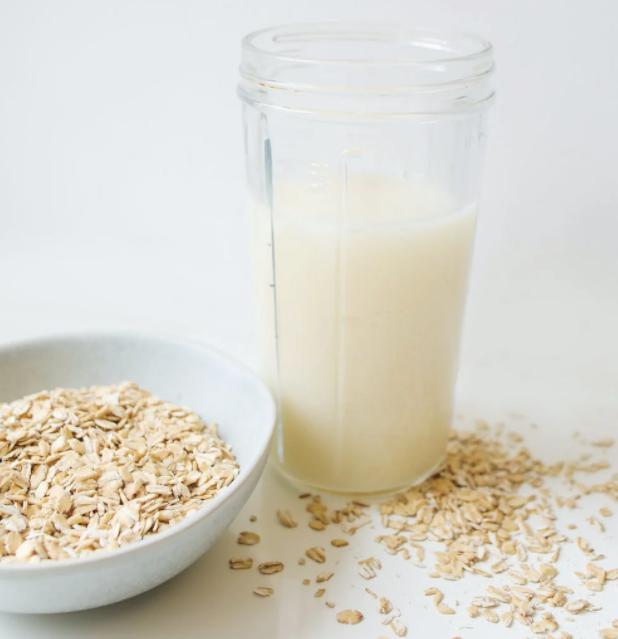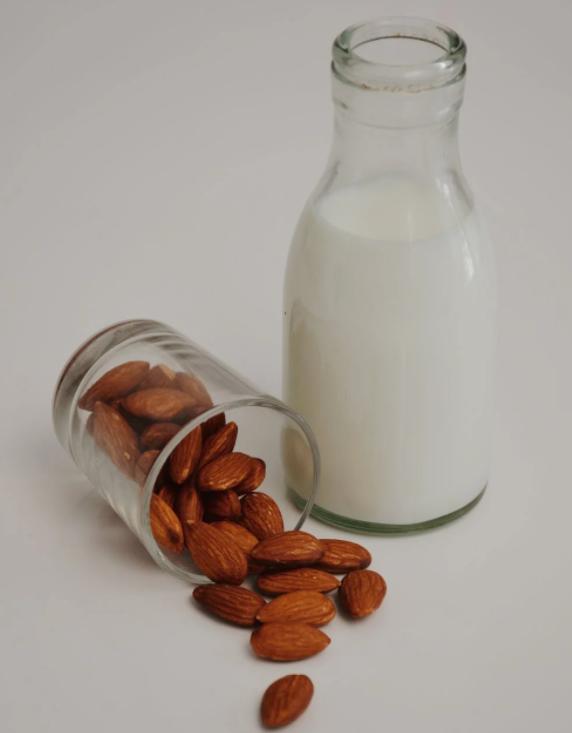
5 minute read
Milk alternatives - dietary high risk caries?
Milk alternatives - dietary high caries risk?
Soy milk, almond milk, oat milk and hundreds more... Whether you´re lactose-free, vegan or you have an allergy, grocery stores will likely fill your needs. But the question is: Are these milk alternatives any healthier than cow’s milk and do they impact our oral health?
Advertisement
Katarína Vendeľová, Slovakia
Milk is an essential component in the diet of around 6 billion people globally. Although mammals produce milk to feed their offspring, in many areas of the world humans continue to consume milk throughout their lives. In addition to milk, several dairy products such as cream, butter, yoghurt, kefir, and cheese have been produced and consumed worldwide for millennia (Visioli and Strata, 2014). Milk and dairy products may be delicious, but they are often also a significant component of people’s diets, offering an accessible source of calcium as well as other essential nutrients, fats and proteins. Calcium, however, is a unique mineral supporting vital metabolic processes, and ninety-nine percent of it is stored in the body’s bones and teeth, according to the National Institute of Health (2020). However, it must be emphasized that lactose intolerance is widespread throughout the world and that a significant proportion of the world’s population - possibly up to 65% - would not benefit from any putative benefits of milk and dairy products (Malik and Panuganti, 2021). Even those who are able to digest lactose might wish to reduce or eliminate their milk and dairy intake because of other factors, such as health, veganism and animal welfare, and concerns regarding the environmental costs of intensive farming. A combination of these priorities has been the driving force behind the growth of dairy-free alternatives to the milk of farmed animals.
The dietary relevance of milk While many foods and drinks contain calcium, most people currently find consuming milk and dairy to be the easiest way to meet their recommended daily amount. According to the study of Dr. Wu (2019), dairy products like cheese, milk, and yoghurt provide a variety of benefits to dental health. They contain casein proteins that form a protective film on the surface of teeth. These proteins can protect the enamel from decay. They are mostly pH-neutral and can help neutralise acidic or sugary food and drinks. All dairy products are rich in calcium and phosphorus too, which helps the remineralisation of tooth enamel, but also have a role in the growth and development of bones pre-adulthood.
The implications of milk alternatives for oral health Aside from allergies and intolerances, consumers choose milk alternatives for religious, ethical, environmental, and perceived health reasons. However, Daly (2020) explored some of the limitations to these arguments. For example,
although the production of plantbased milks (PBMs) releases half the greenhouse gas emissions and requires substantially less water and land compared to cow’s milk, the necessary ingredients often must be transported from across the globe. The possibly adverse health effects of phytoestrogens (a plant compound analogous to oestrogen) are also debated. Although these compounds may reduce the risk of cardiovascular and metabolic disease, they have been associated with an increased risk of infertility and some cancers. A brief look at any supermarket’s milk aisle suggests rising demand for milk alternatives, ranging from options made with soy, almonds, cashews, hazelnuts, coconuts, macadamia nuts, rice, flax, oats or hemp. While there are archives of research on mammalian milk, research on PBMs is scarce and limited. In a study (Daly, 2020) of branded planted-based milks, the sugar content in PBMs ranged from 0g to 8.7g per 100ml. Unlike lactose found in dairy milk, the sugars found in PBMs are free sugars - simple sugars added during or after the production process and, therefore, possessing greater cariogenicity. These ‘free sugars’ are also regularly found in PBMs labelled with ‘no added sugars’ or ‘natural sugars’. The ‘unsweetened’ varieties generally do not contain these cariogenic sugars. Lots of milk alternatives were found to be fortified with calcium to a similar level as found in cow’s milk. However, this added calcium is less bioavailable than in dairy milk, possibly due to the presence of natural fats in cow’s milk, meaning that any preventative benefits are reduced. Unlike dairy milk, PBMs are fortified with vitamin D. Even so, the concentration is such that the consumer would need to drink one litre of a PBM to reach the recommended daily intake. “The bioavailability of calcium may be different when it is fortified compared to when found naturally, and this is a big issue with some of these products,” says Dr. Gallo, nutrition scientist from George Mason University’s department of nutrition and food studies in Virginia, US in an article for BBC. However, what is clear is that more research is needed on PBMs, including on their comparative cariogenicity and buffering capacity relative to cow’s milk.
Optimal oral hygiene Whatever your dairy-related preferences, you will not necessarily be missing out on vital nutrients if you eat a balanced diet. In most cases substitutes can be used in place of milk without an increased risk of forming dental caries. According to Dr. Virtanen (2019): “It is not necessary to avoid milk but it is also not necessary that we drink milk, either. It can be replaced with other products – there is no single dietary component or food that is absolutely necessary to our teeth’s strength and health overall.” More pertinent considerations to dietary habits are frequency and timing. A diet that promotes good oral health is not just about the foods you eat or avoid, but when, how and how often you eat them. According to Dr. Wu (2018): “Food and beverages sequencing is important and may help to prevent tooth decay. Try eating acid neutralizing foods after a sweet meal or dessert as this will prevent prolonged acid attacks to your teeth and therefore help prevent cavities.“ Reducing the frequency of eating fermentable carbohydrates during the day by restricting them to mealtimes, and eliminating snacking in between, is essential in allowing salivary pH stability and enamel remineralisation. Also, drinking water during and after meals to help wash away sugars and acids is really important (Wu, 2018). Calcium obtained through dairy or non-dairy products is a fantastic way to enhance dental and general health, but they are no more than one component of a balanced diet. What is key to optimal oral health is an effective and disciplined daily oral hygiene regimen coupled with the reduction in the amount and the frequency of intake of sugars throughout the day.











